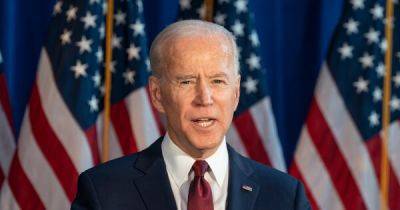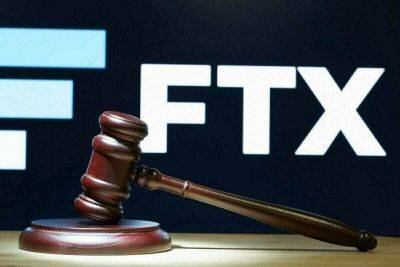SEC Commissioner Expresses Concerns Over Spot Bitcoin ETF Despite Voting in Favor of the Approvals
SEC Commissioner Mark Uyeda, while voting in favor of these landmark approvals, has publicly voiced reservations regarding the decision-making process adopted by the commission.
On Wednesday, the United States Securities and Exchange Commission (SEC) greenlit the establishment of several spot Bitcoin exchange-traded funds (ETFs).
The decision, while marking a progressive step in the integration of cryptocurrency into mainstream finance, was not without its internal controversies.
Commissioner Uyeda, a pivotal figure in the approval process, acknowledged his support for the Bitcoin (BTC) ETF applications.
Yet, he has raised concerns about the analytical methodology the SEC employed to arrive at its conclusion.
“The flawed reasoning in the [spot Bitcoin ETF] Approval Order could reverberate for years to come,” he wrote.
His apprehensions stem from what he perceives as a missed opportunity by the SEC to treat Bitcoin akin to other commodities.
Delving deeper into his criticism, Uyeda pointed out that the commission has historically distinguished Bitcoin ETFs through an unprecedented ‘significant size’ test – a standard that, according to him, the Bitcoin ETFs should have passed long ago.
This approach, he argued, contrasts sharply with how Bitcoin futures ETPs (Exchange-Traded Products) have been treated under the same test.
The SEC’s decision, in his view, lacks adequate explanation for this discrepancy.
The Commissioner also critiqued the SEC for not providing clearer guidelines for applicants, who spent years trying to meet the ‘significant market’ requirement.
He commented on the SEC’s introduction of a new standard, which, according to him, left applicants grappling in the dark.
Uyeda
Read more on cryptonews.com




















